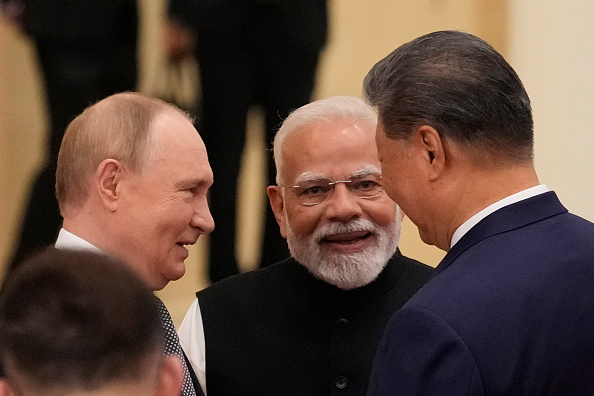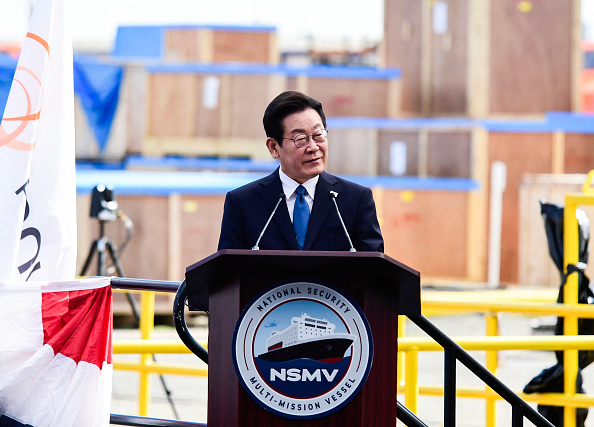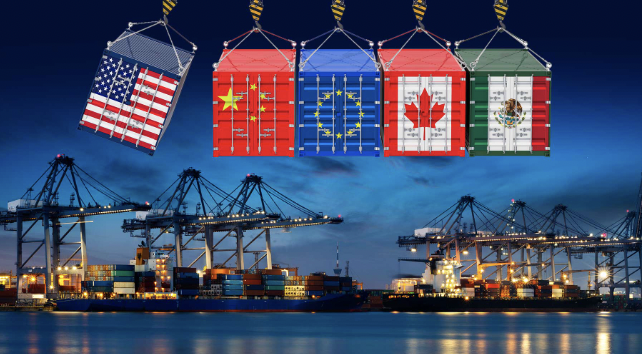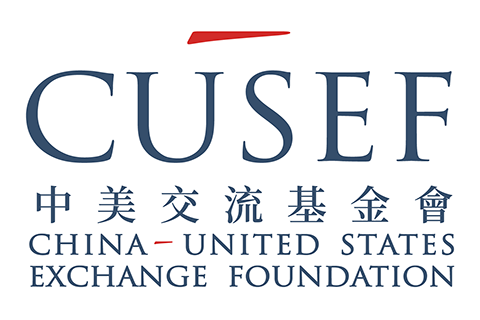
Dear Focus Reader,
Beijing held a massive military parade this week to mark the 80th anniversary of the end of World War II, transforming Tiananmen Square into a showcase of advanced weapons and military strength. Fighter jets, tanks, hypersonic missiles, and AI-powered drones rolled out in a meticulously choreographed display, including some that surprised Western analysts and were interpreted as strategic signals to Washington and its allies.
The parade drew global attention not only for its scale, but for its guests. Russian President Vladimir Putin and North Korean leader Kim Jong Un stood alongside Chinese President Xi Jinping, indicating unity among countries often at odds with the U.S.
U.S. President Donald Trump called the parade "very, very impressive," but accused Xi, Putin, and Kim of "conspiring against the United States." He also criticized the omission of America's role in China's World War II victory, stressing that U.S. sacrifices should have been acknowledged.
The timing followed the Shanghai Cooperation Organization (SCO) summit in Tianjin earlier in the week, where Xi, Putin, and Indian Prime Minister Narendra Modi met on the sidelines. Modi's participation, the first time he has visited China in more than seven years, was viewed as a sign of improving Sino-Indian ties, despite unresolved border disputes.
After their meeting, both sides emphasized that India-China relations should not be seen through a third country lens, and framed themselves as partners rather than rivals. Ananth Krishnan, journalist and former head of The Hindu newspaper's China bureau, said in a new China-US Focus interview that he doesn't think the relationship is at a true "partnership" stage yet, but he sees a willingness on both sides to explore new avenues of cooperation. He also noted that, despite speculation, the meeting was not merely a response to recent U.S. tariffs on India, but rather a calibrated engagement, with signs emerging as early as October 2024.
Learn more on international relations by catching up on our latest Focus content, including topics on relations between India, China, and the U.S.; peace in the Korean peninsula; and Washington's role in global trade.
The amount of trade between SCO member states, increasing by 30% between 2022 and 2024.
Learn more in "SCO Summit Adds Certainty to Uncertain World," by Xiao Bin, Deputy Secretary-general, Center for Shanghai Cooperation Organization Studies, Chinese Association of Social Sciences.
The Chicago Council on Global Affairs and The Carter Center recently published their Survey of Chinese Public Opinion on International Affairs, where they explored how Chinese citizens view China's role in the world.
Conducted by Dina Smeltz, Craig Kafura, Yawei Liu, Nick Zeller, and Sam Dong, the survey examines public attitudes toward China's international leadership, relations with the United States, economic confidence, and regional partnerships. It finds strong support for Beijing taking a leadership role globally, though opinions differ on whether that should lean toward shared leadership or dominance. And while few see the U.S. as a friend, most favor a mix of cooperation and containment. The survey also highlights Chinese confidence in the domestic economy, and close public affinity for neighbors Russia and North Korea.
You can read the full survey briefings here.
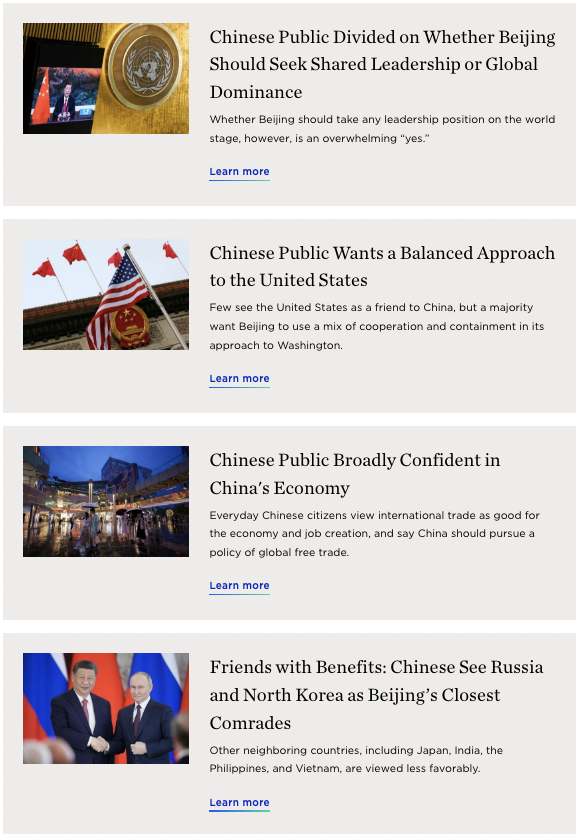
Restoring the world's largest grasslands | Kyle Obermann
Watch VideoIn our Focus Insights section, we featured an interview with Ananth Krishnan on Prime Minister Modi's engagements with China and India's efforts to balance relations with global powers.
We want to hear from you!
How can India navigate complex global diplomacy while maintaining its strategic autonomy?
Submit your thoughts to USeditor@chinausfocus.com for a chance to be featured in next week's Focus This Week.
useditor@chinausfocus.com for more info.
Prepared by China-US Focus editorial teams in Hong Kong and New York, this weekly newsletter offers you snap shots of latest trends and developments emerging from China and the U.S. every week. It is a community space to exchange thoughts and ideas about the China-U.S. relationship and beyond.
- 2025-08-28 Focus This Week: Global Dialogue in Motion
- 2025-08-22 Focus This Week: Resetting Ties
- 2025-08-15 Focus This Week: Anchorage Ascends?
- 2025-08-08 Focus This Week: A Trump-Putin Summit?
- 2025-08-01 Focus This Week: New Negotiations
- 2025-07-25 Focus This Week: 50 Years of EU-China Diplomatic Ties
- 2025-07-18 Focus This Week: Deeper Ties
- 2025-07-11 Focus This Week: Cautious Contact
- 2025-06-27 Focus This Week: Restored Access
- 2025-06-20 Focus This Week: Escalation and Restraint
- 2025-06-13 Focus This Week: A Trade Reset?
- 2025-06-06 Focus This Week: A Long-Awaited Call
- 2025-05-30 Focus This Week: Visas in the Crosshairs
- 2025-05-23 Focus This Week: Academic Exchange Strained
- 2025-05-16 Focus This week: Rolling Back, Moving Forward?
- 2025-05-09 Focus This Week: "Friends of Steel"
- 2025-05-02 Focus This Week: An Open Door?
- 2025-04-25 Focus This Week: Open for Business
- 2025-04-18 A "Numbers Game"
- 2025-04-11 Focus This Week: Beijing Strikes Back
